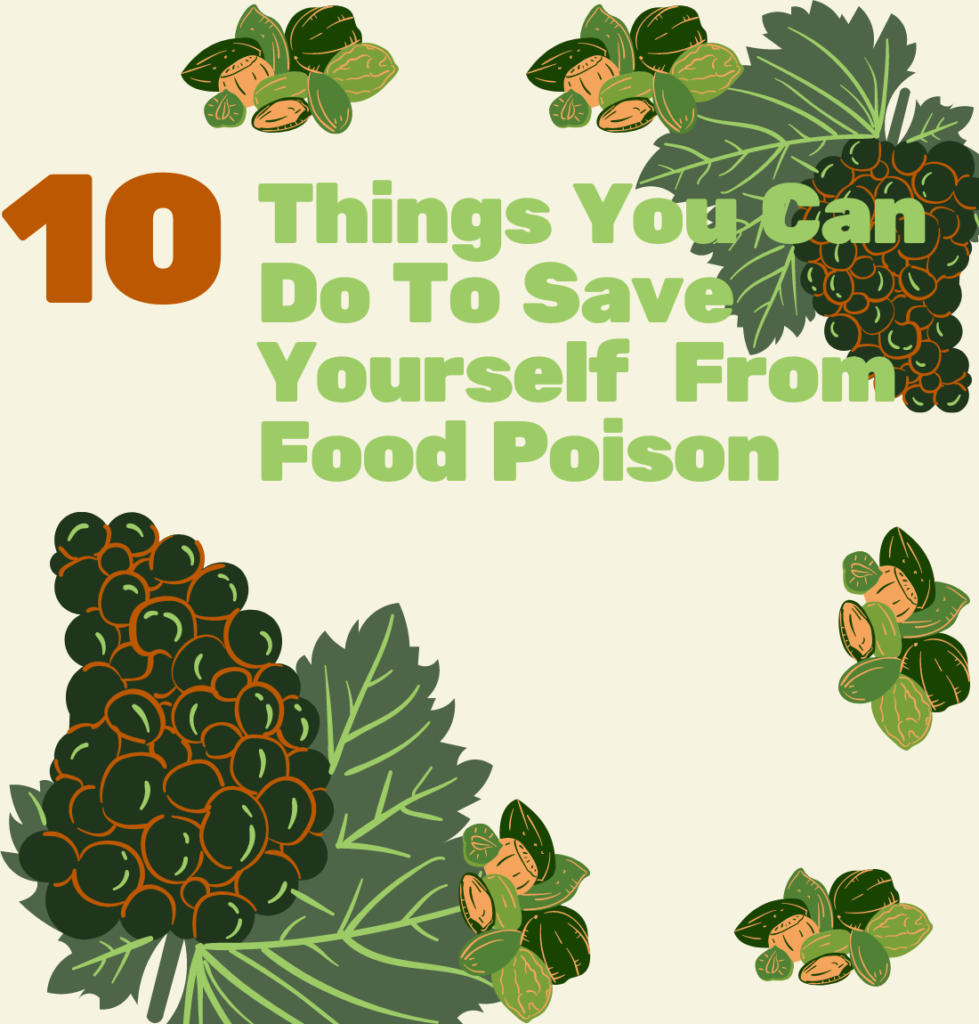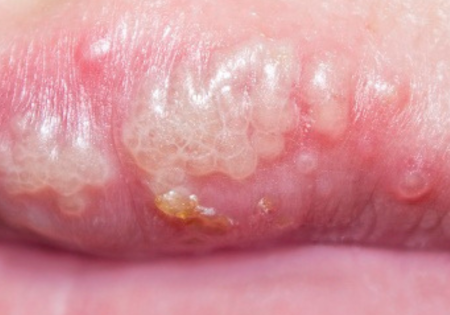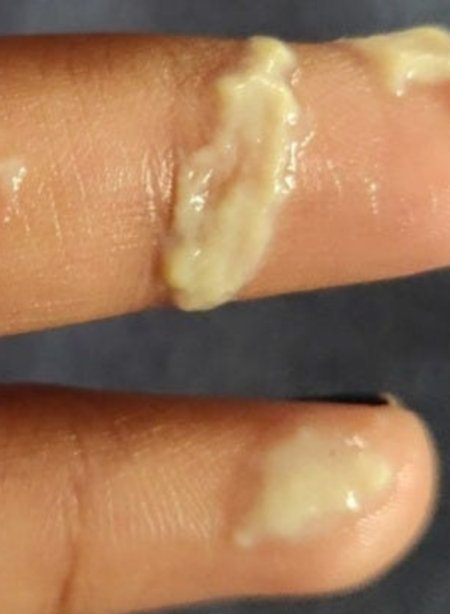“Food poisoning, stemming from consuming tainted food or drinks, poses a prevalent and potentially perilous threat. Symptoms vary from mild discomfort to severe illness, underscoring the need for swift intervention to avert complications.
This article delves into immediate steps to take if you suspect food poisoning, ensuring the safeguarding of your well-being… CONTINUE READING”
- Identifying the Symptoms:
Begin by identifying the telltale signs of food poisoning, such as nausea, vomiting, diarrhea, abdominal discomfort, fever, and muscle soreness. These symptoms usually manifest within hours or days following the consumption of contaminated food. - Maintain Hydration:
Given the risk of dehydration stemming from recurrent vomiting and diarrhea, prioritizing hydration is paramount. Consume clear fluids such as water, oral rehydration solutions, or clear broths to restore lost fluids and electrolytes. - Rest and Quarantine:
Provide your body with the necessary rest for recuperation. Isolate yourself from others to minimize the risk of spreading the illness, particularly if it’s contagious food poisoning. - Steer Clear of Solid Foods:During bouts of vomiting and diarrhea, refrain from consuming solid foods. Opt for a clear liquid diet until symptoms subside. Once you’re able to tolerate food, gradually reintroduce bland and easily digestible options like plain rice, toast, and applesauce.
- Seek Professional Medical Help: Should your symptoms persist, worsen, or present with alarming signs like high fever, bloody stool, or indications of dehydration (such as severe thirst, dry mouth, dark urine, or dizziness), it’s imperative to seek urgent medical assistance. In severe instances, food poisoning can pose life-threatening risks.
- Pinpoint the Source:
If you suspect a particular food or beverage triggered your food poisoning, endeavor to pinpoint it. Doing so can prevent others from ingesting the same contaminated item and enable appropriate authorities to address potential outbreaks promptly. - Maintain Excellent Hygiene:
To curb the transmission of illness, adhere to stringent hygiene practices. Wash your hands meticulously with soap and water after using the restroom and before handling food. Refrain from preparing food for others while you’re unwell.
8. Retain Evidence:
If you suspect that a restaurant meal or store-bought food product is responsible for your ailment, contemplate storing a portion of the suspected item securely in your refrigerator. This preserved sample could prove beneficial for subsequent testing or investigative purposes, if required.
9. Continue Care with Healthcare Provider:
Even if your symptoms alleviate, it’s wise to schedule a follow-up appointment with a healthcare provider. They can evaluate your progress, offer recommendations for a gradual reintroduction to your usual diet, and suggest any essential tests or therapies.
10. Safeguard Against Recurrence:
Guard against future occurrences of food poisoning by adhering to safe food handling and storage practices. Exercise caution when dining out, opting for reputable establishments. Verify food expiration dates and ensure proper refrigeration and cooking temperatures are maintained.
In Conclusion:
While food poisoning can present distress and potential danger, taking appropriate measures can mitigate its impact and avert complications. Identifying symptoms, maintaining hydration, seeking medical aid as needed, and adhering to proper hygiene practices are vital responses to food poisoning. Moreover, promptly reporting suspected cases to relevant authorities is crucial in preventing further outbreaks and safeguarding public health.







